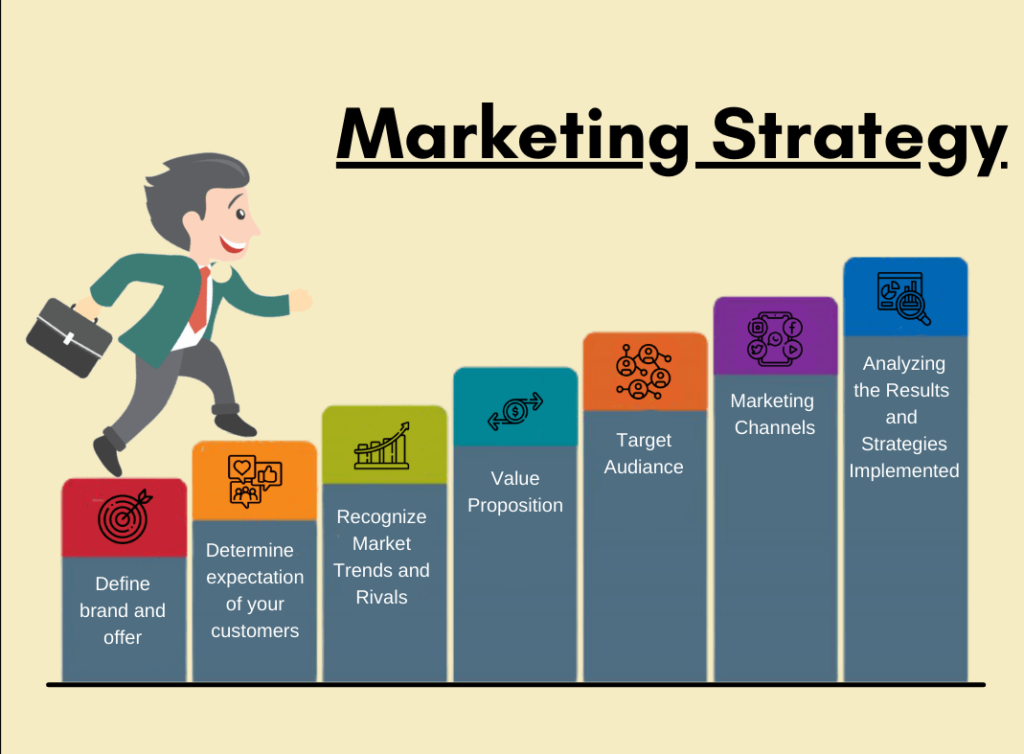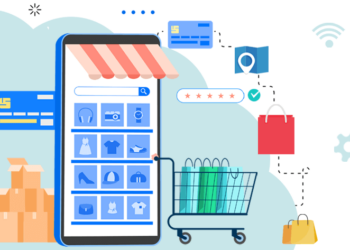Retail is one of the rapidly growing business sectors in recent years. Faced with competition from various large and small investors, global retail giants, and local players, the recurring question is, ‘How to attract customers?’ There have been numerous debates, articles, and research on this topic, but here we will discuss the idea of ‘leveraging market segmentation to attract customers.’
The better you understand your customers, the smoother and faster your business will thrive. Those starting a business often struggle to identify their target market to focus resources on development, commonly making the mistake of setting too broad a vision.
Here are 10 questions that can help you determine your target market, finding potential customers to focus on during your business journey:
1. Who will pay for your product or service?
First, try to understand the significance of your product/service—know what problems it solves. Then, determine who would be willing to pay for a solution provided by your product/service. However, the challenge is making your potential customers aware of their issues and demonstrating that your product/service can effectively address those problems. Utilize Google’s keyword search tool to see how many people are searching for keywords related to your business idea.
2. Who has purchased your product/service?
“To adjust both target market and pricing strategy, you need to determine who has already purchased your product or service,” said Amos Adler, President of Memotext, a mobile health application company in Bethesda, Md. Collect valuable information by providing trial samples during the testing phase, allowing your potential customers to express their thoughts and concerns.

3. Are you overestimating yourself?
It’s easy to assume that most people will need your product or service. However, instead of assuming and overestimating yourself, approach potential customer groups to gain a more realistic view of their needs. Conduct interview-style surveys to access and gather feedback from potential customer groups.
4. What do your friends think?
While trying to understand your target market, it can be challenging and expensive to seek feedback from potential consumers through surveys, interviews, and other means. However, you can achieve this for free on social media. “Many people in your extended network may be willing to spend time providing you with opinions and advice,” said Bryan Darr, founder of Mosaik Solutions, a data analytics company in Memphis, Tenn.
5. Are you making assumptions based on personal knowledge and experience?
“Personal experience and your own knowledge may make you believe that you understand your target market, even before conducting any research,” says Habstritt. Don’t assume you know everything about your target market; you must interact and communicate to truly understand them.
6. What is your revenue model?
Learning how to generate revenue can help you find your target market, according to Hisrich. If your business is a social enterprise, it may be more challenging because there’s no specific plan to generate revenue and determine the customer base. However, if your business model is simply selling products online, finding a target customer will be easier.
7. How will you sell your product or service?
Your retail strategy can help determine your target market, says Hisrich. Will you have a store, a website, or both? Will you only grow your business domestically or expand your marketing globally? This significantly affects the market scale you can target.
8. How have your competitors started?
Assessing the marketing strategies of your competitors can help you identify your target customers, says Darr. However, it’s essential to differentiate between what you’re doing and what others are providing to you.
9. How will you reach your customers?
Once you identify your target customers, think about whether you can effectively market to them. You’ll need to conduct market research and demographic studies. If you’re selling in-store, you need to know how many people in your target market live nearby. If you’re selling online, you need to learn about the online behavior of your potential customers. Doing this early can help you develop a more effective marketing plan.
10. Should you expand your target market?
The question is, as your business grows, starting from a specific market, you may expand into many related markets. In that case, be prepared to reassess your target market or gradually expand it over time. For example, if you’re currently targeting local consumers, expanding to a global audience might be a good next step for you.
Therefore, the market segment mentioned at the beginning of the article is the boundary, the transition point, the difference between customer groups. Focus on these points to determine potential customer groups and what your target customers need. This task takes considerable time and analytical effort but yields high efficiency for retail business success. This is the retail tycoons’ secret around the world.
Reflect on and answer these 10 questions throughout your business journey for a smooth start and achieving success!
Cre: Sapo






















Discussion about this post